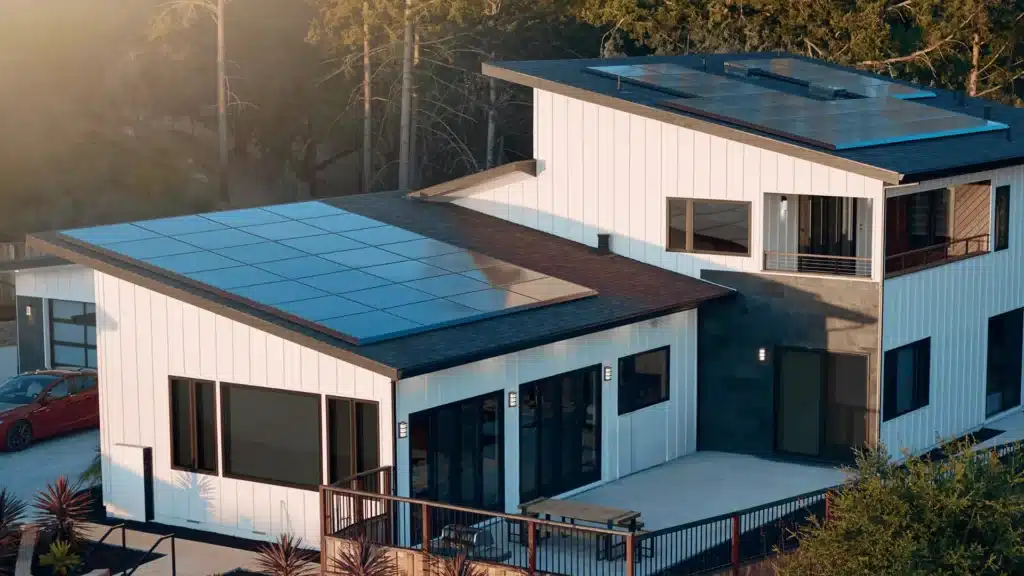Solar Education
In today’s world, living costs are escalating, and one of the most significant contributors to household budgets is the rising price of electricity. Over the past year, electricity costs have surged by 5%, and since 2021, they have increased by an astounding 30%. This trend forces families to make difficult choices, often cutting back in other areas just to manage their electric bills.
Unfortunately, the reality of annual utility bill increases is becoming the norm. As demand rises, infrastructure ages, and extreme weather events become more frequent, we can expect average electric bills to climb even higher in the coming years.
While we can’t control these external pressures, we can take charge of our energy consumption at home. By creating and storing our energy through solar energy solutions, we can reduce our reliance on utility electricity and regain control over our finances.
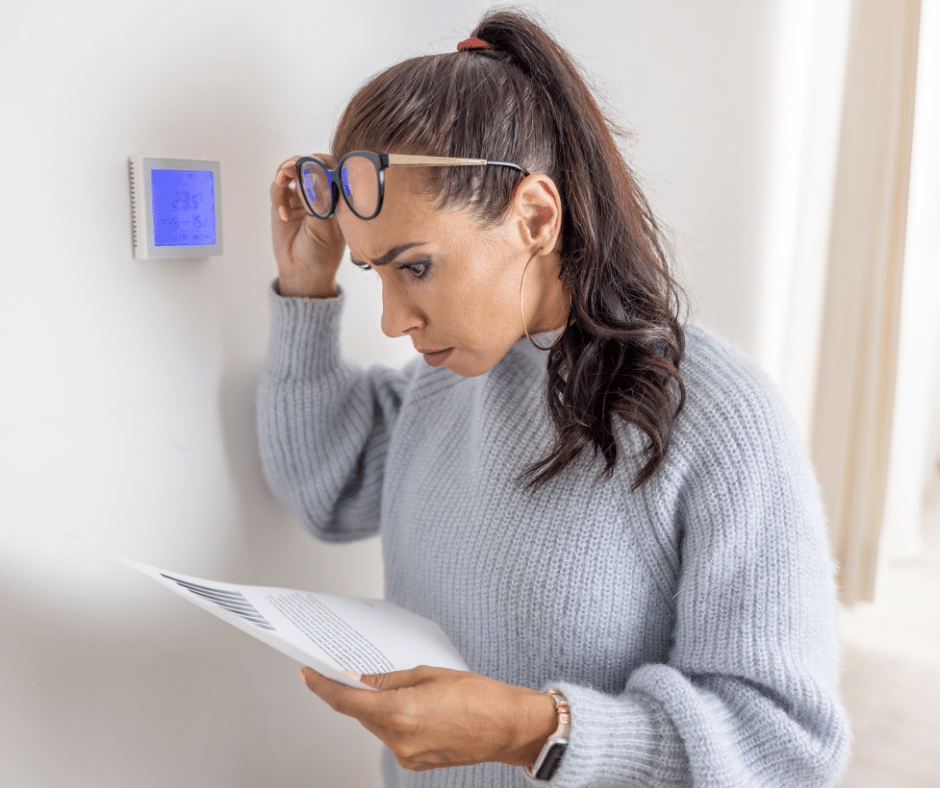
Why Are Electricity Bills Increasing?
Electricity is a commodity affected by the dynamics of supply and demand. The supply side includes the costs associated with building, maintaining, and operating power plants and grid infrastructure—costs ultimately passed down to consumers. Simultaneously, demand is threatening to outstrip supply, leading to energy shortages and further price increases.
Key Factors Influencing Supply:

Volatile Fuel Prices:
Fluctuations in the price of natural gas significantly impact wholesale electricity prices. Geopolitical factors, such as conflicts and export demands, can cause sudden surges in fuel costs that ripple through the energy market.
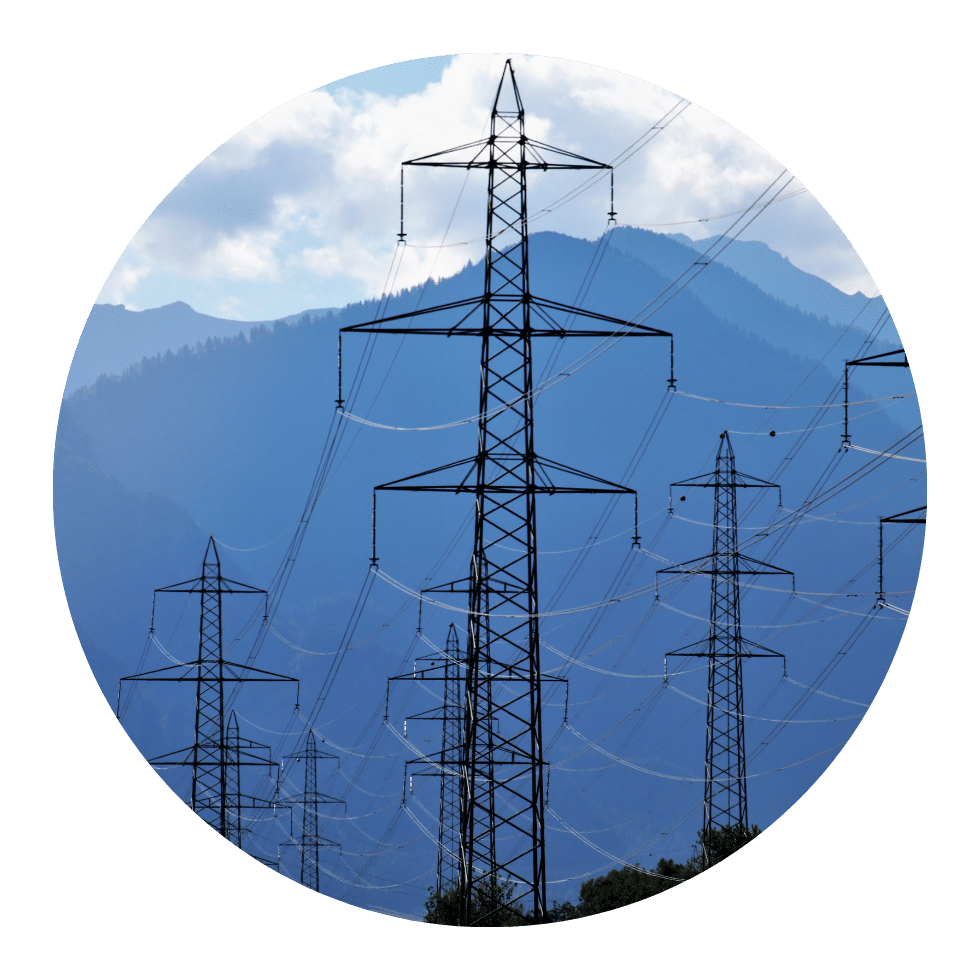
Infrastructure Investments:
Natural disasters like hurricanes and wildfires can damage utility infrastructure, necessitating significant investments to protect and strengthen the grid. These upgrades come at a high cost and are often reflected in higher utility bills.

Transitioning from Fossil Fuels:
Modernizing the grid to accommodate renewable energy sources is essential for a sustainable future. However, these upgrades are costly and are often passed down to consumers.
Increased Energy Demands:
Trends such as the rise of artificial intelligence and the electrification of transportation are driving a surge in electricity demand. As these new technologies proliferate, they require significant power resources, further straining the supply.
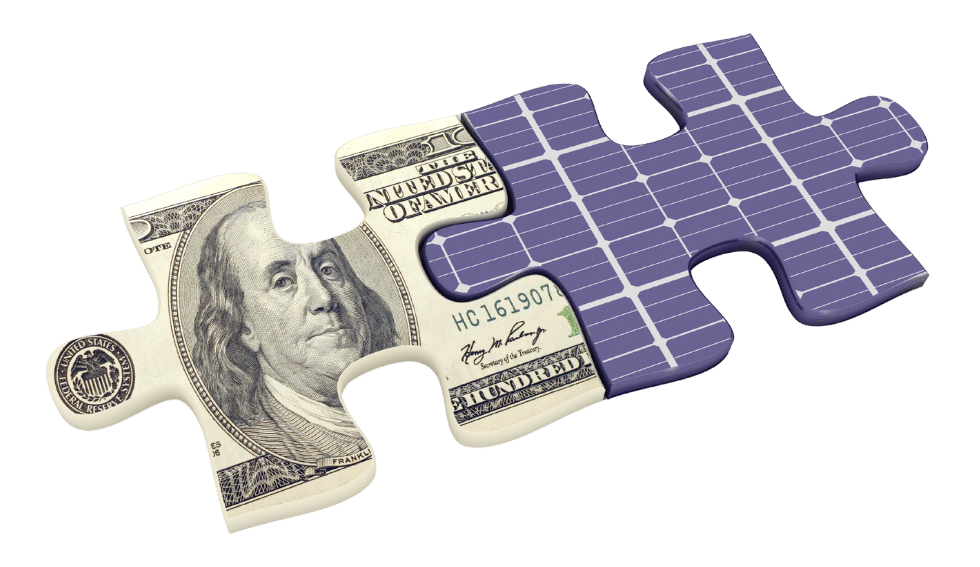
How to Lower Your Electric Bill
As electricity rates continue to rise, the most effective way to protect your finances is to decrease your dependency on grid electricity. While energy efficiency improvements are a great start, investing in residential solar energy is a powerful way to make a lasting impact. By harnessing sunlight to power your home, you can significantly reduce your utility bills during sunny days.
When you choose solar energy for your home, you will typically receive two bills: one for your solar service and another from your utility for service charges and any electricity you may draw from the grid. The goal is to minimize the latter bill, allowing you to budget more effectively and escape the cycle of rising utility costs.
Maximize Your Savings with Battery Storage
While solar panels generate electricity during the day, they may not provide power when you need it most—during the evening when utility rates are often at their highest. To maximize your savings, consider adding battery storage to your system.
A solar battery is especially advantageous if your utility company uses time-based rates, charging higher prices during peak hours. By storing solar energy for use at night, you can sidestep these costly timeframes and continue to save.
Furthermore, if you opt for a solar battery with backup capabilities, you’ll benefit from uninterrupted power during outages. In areas with favorable net metering policies, you can even export excess stored solar energy back to the grid, earning credits that further reduce your electricity bills.
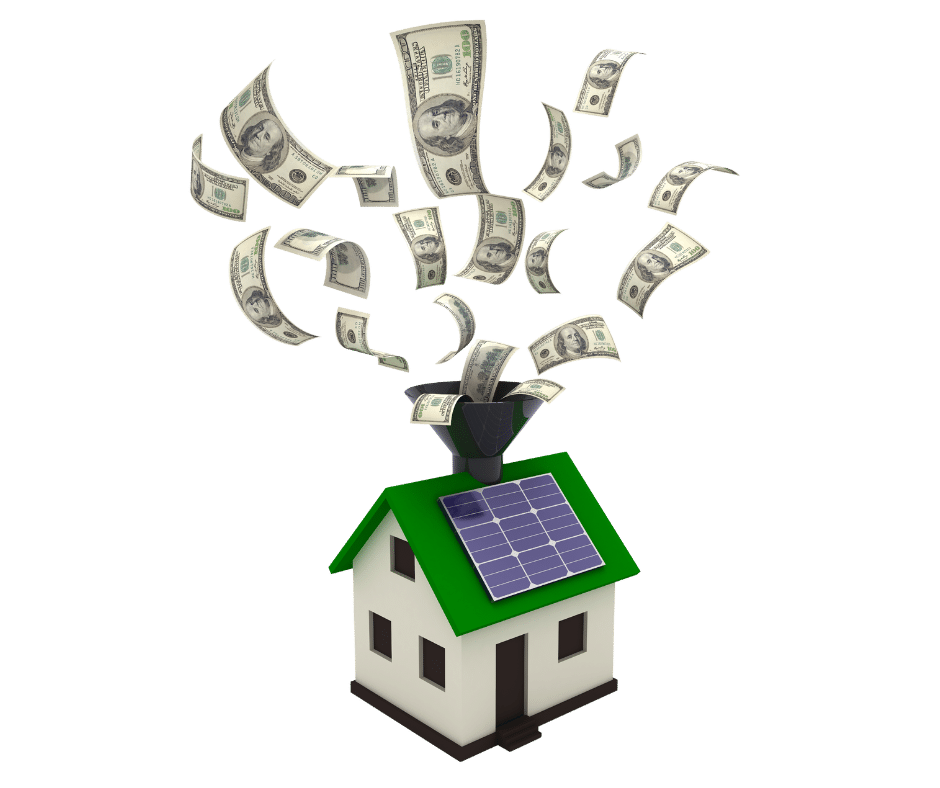
Don’t Wait for Another Price Hike
With U.S. electricity prices consistently outpacing inflation, taking action now is the most financially prudent choice. Recent studies indicate that utility rates are projected to continue rising due to various factors, including increased demand, aging infrastructure, and the transition to renewable energy sources. By investing in solar energy and battery storage today, you can insulate yourself from the volatility of future price hikes, ensuring that you have more control over your energy costs.
Waiting for prices to stabilize may lead to missed opportunities for savings and energy independence. Not only can solar energy reduce your monthly utility bills, but it can also enhance your home’s value and appeal to environmentally conscious buyers. Moreover, with incentives such as tax credits and rebates available for solar installations, there has never been a better time to make the switch.
Learn More About Saving with Solar and Battery
Are you ready to discover how much you could save by going solar? The transition to solar energy is not just a trend; it’s a smart financial decision that can lead to significant long-term savings on your electricity bills. By speaking with our knowledgeable experts, you can gain insights tailored to your specific energy needs and financial situation.
Our team will guide you through the entire process, from assessing your home’s solar potential to understanding the various financing options available. We can provide a personalized analysis of your current energy consumption and demonstrate how much you can save with solar panels and battery storage. Additionally, we’ll discuss available incentives and tax credits that can further reduce your upfront costs, making solar energy more accessible than ever.
Don’t hesitate to take control of your energy future. Reach out to us today for a no-obligation consultation. Together, we can create a customized solar plan that fits your lifestyle and budget. Embrace the power of renewable energy and start enjoying the benefits of solar savings!



